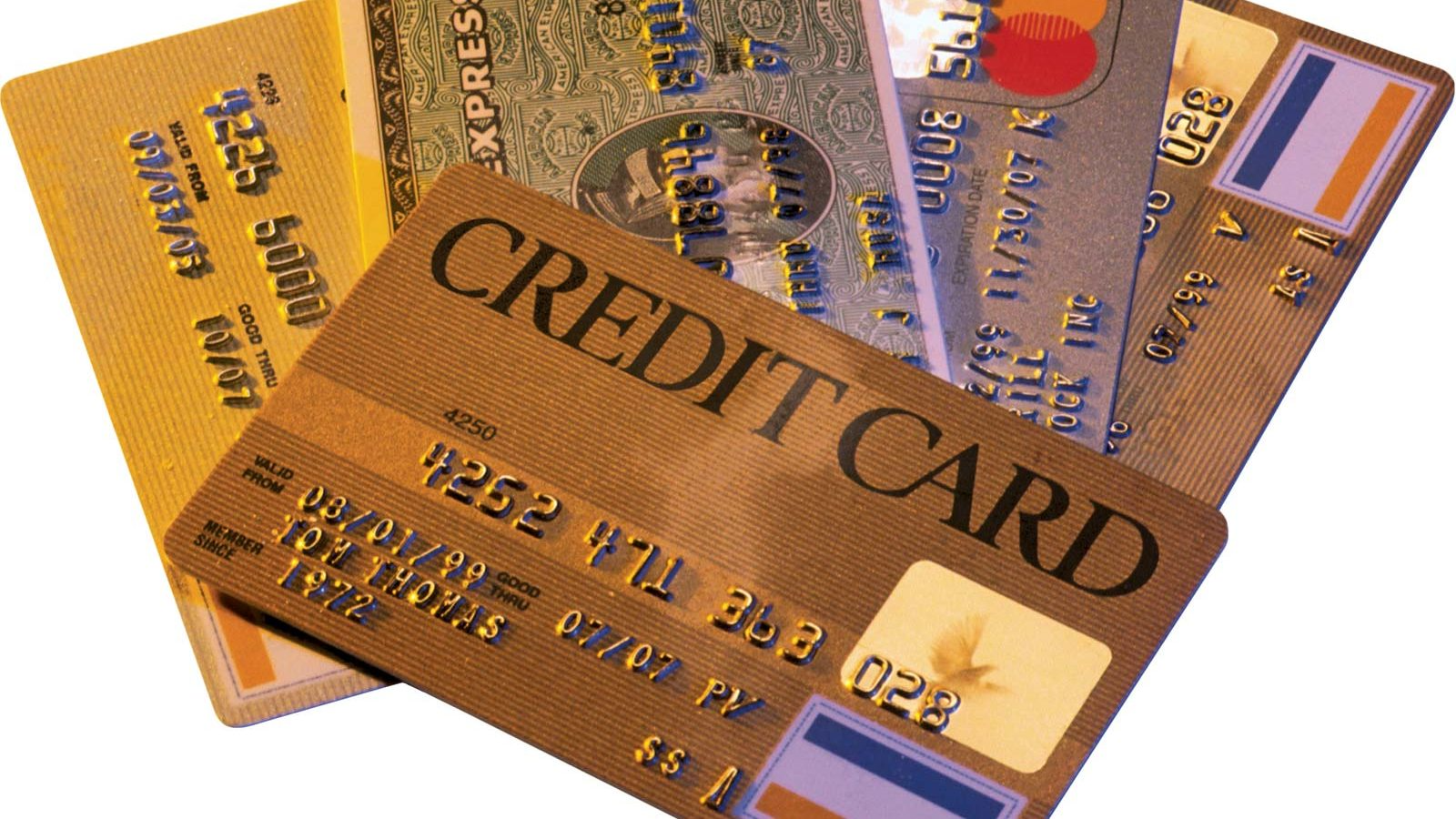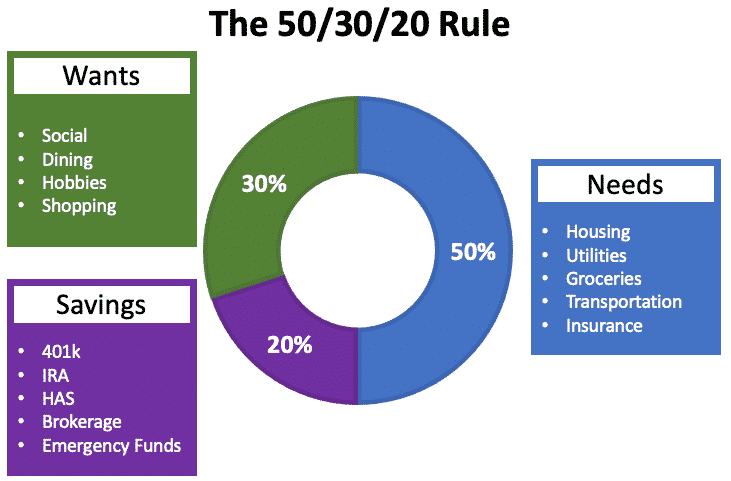1. What is Credit Repair?
Credit Repair is the process of improving a person’s credit score and credit history by removing negative items, such as late payments, collections, charge-offs and judgments, from the report. This process can help increase a person’s chances of obtaining a loan and could lead to lower interest rates, better terms, and higher loan amounts.
2. How Does Credit Repair Work?
Credit repair works by first identifying the negative items on your credit report that are dragging down your score. Once these items have been identified, they can be contested with the three major credit bureaus: Experian, Equifax, and TransUnion. The bureaus will open an investigation into the negative items in your credit report to verify that the information is accurate. If the item is found to be incorrect or incomplete, it will be removed from the report. In some cases, the entire inquiry process can last up to 30 days.
3. What Benefits Can I Expect from Credit Repair?
The primary benefit of credit repair is an improved credit score and overall financial health. With a better credit score, you could have access to better loan terms and higher loan amounts. You could also enjoy lower interest rates, which can save you hundreds – even thousands – of dollars in the long run.
4. How Long Does It Take to Repair Credit?
The amount of time it takes to repair credit depends on several factors, such as the severity of any negative items on your credit report and the particular credit repair strategy you use. It can usually take anywhere from a few weeks to a few months to see improvements. It’s important to remember that repairing your credit is a slow process and it can take time and patience to see results. However, our goal is to get your score high enough to buy a home. Depending on how much money you have to put down. We can get you approved for a mortgage loan with a credit score of at least 580!
5. What is a Credit Report?
A credit report is a detailed statement of an individual’s credit rating, which includes information about their credit score, payment history, past loan applications, and more. It is used by lenders and other financial institutions to make decisions about a person’s creditworthiness. Credit reports provide insight into how responsibly an individual manages their finances.


















